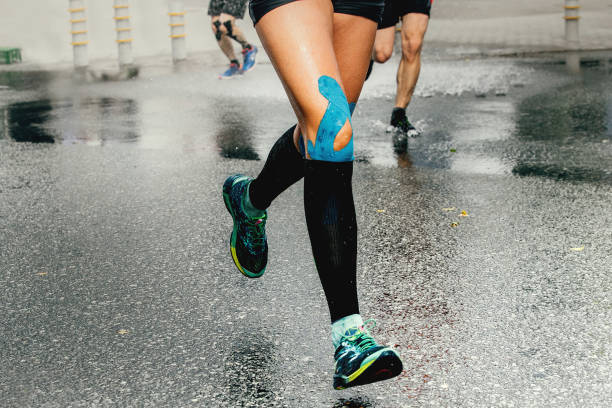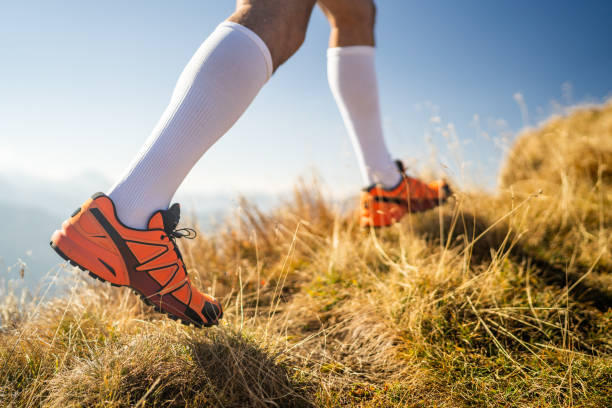Plantar Fascia It is an essential part of your foot, is crucial for correct walking. It is an incredibly thin ligament that connects the heel with the front of your foot. Plantar fasciitis refers back to inflammation or irritation of the plantar fascia. It is a typical foot injury that causes discomfort in the foot and difficulty in walking. Plantar fasciitis is treated using best plantar fasciitis socks however it is essential to keep track of the risk factors that can cause it and recognize any symptoms.
Plantar Fasciitis: Risk Factors and Causes
Risk factors that are major and possible causes of plantar faciitis are as follows:

The signs of aging: Plantar fasciitis is more prevalent in those who are older due to decline of the plantar facia.
Obesity: When your body weight is heavier than usual, it can increase the pressure on your heel and plantar facia, resulting in plantar fasciitis. The risk level rises in the event of a sudden weight gain.
Physical Exercise: The wear of the plantar facia will automatically increase if there is a lot of physical activity or lots of athletic participation.
The first thing you should think about when selecting the best sleeves or socks for you is the amount of pressure you want to apply against your heel. They are available in one of four compression levels. Here are questions to ask and the measurements you should look for when choosing your running compression socks.
Job: The occupations which require you to be standing or walking for a long time put you at risk of plantar fasciitis. For example, a retail store employee or nurse, or waiter.
Pregnancy: Pregnant women may develop plantar fasciitis in the third trimester due to the weight gain.
The foot structure: Any abnormality in the foot structure such as tight Achilles tendon or high arches. flat feet can also cause plantar fasciitis.
Signs and symptoms of Plantar Fasciitis
The most prominent symptom is the pain that you feel in your heels or arches. Usually, this pain is most intense in the mornings. It is also possible to feel an intense pain when you get up or walk after a long time of sitting or resting. This pain can worsen when you stand or lift any weight for a prolonged period of duration. It is also possible that you feel tightening in the Achilles tendon.
Compression Socks to treat Plantar Fasciitis
A lot of people are skeptical about whether buy best compression socks online actually helps plantar fasciitis. Plantar compression socks do not provide a curative treatment. However, they may aid in relieving discomfort and pain.
Adjustment to Adjust Your Alignment
Compression socks are considered good for people suffering from plantar fasciitis since they help reduce the movement of your feet. They provide the ankles and arches with support. So your alignment is improved and your feet's tissues aren't stressed. They can also prevent injuries from bad posture.
Controls Irritation & Muscle Mass Damages
Compression socks are a great aid in reducing the swelling caused by plantar fasciitis. They do pain management and limit muscle damage that is crucial to treat plantar fasciitis. Compression socks also prevent you from oxidative stress.
Facilitates the healing process
Your doctor will prescribe rest in order to heal. Plantar fasciitis running compression socks helps increase blood circulation during your period of rest. This helps speed up the natural healing process of your body.

Graduated Compression Socks against. Plantar Faciitis Compression Socks
Compression socks are regular or graduated. They are used to treat circulation issues such as swelling or varicose veins. They have a high compression around the ankle and loose socks at the top. This compression is not ideal for people suffering from plantar faciitis.
Compression socks for plantar fasciitis come with a sleeve of compression that wraps around your arch. This sleeve supports the arch of your foot by applying the right amount of pressure.
Comments
Post a Comment